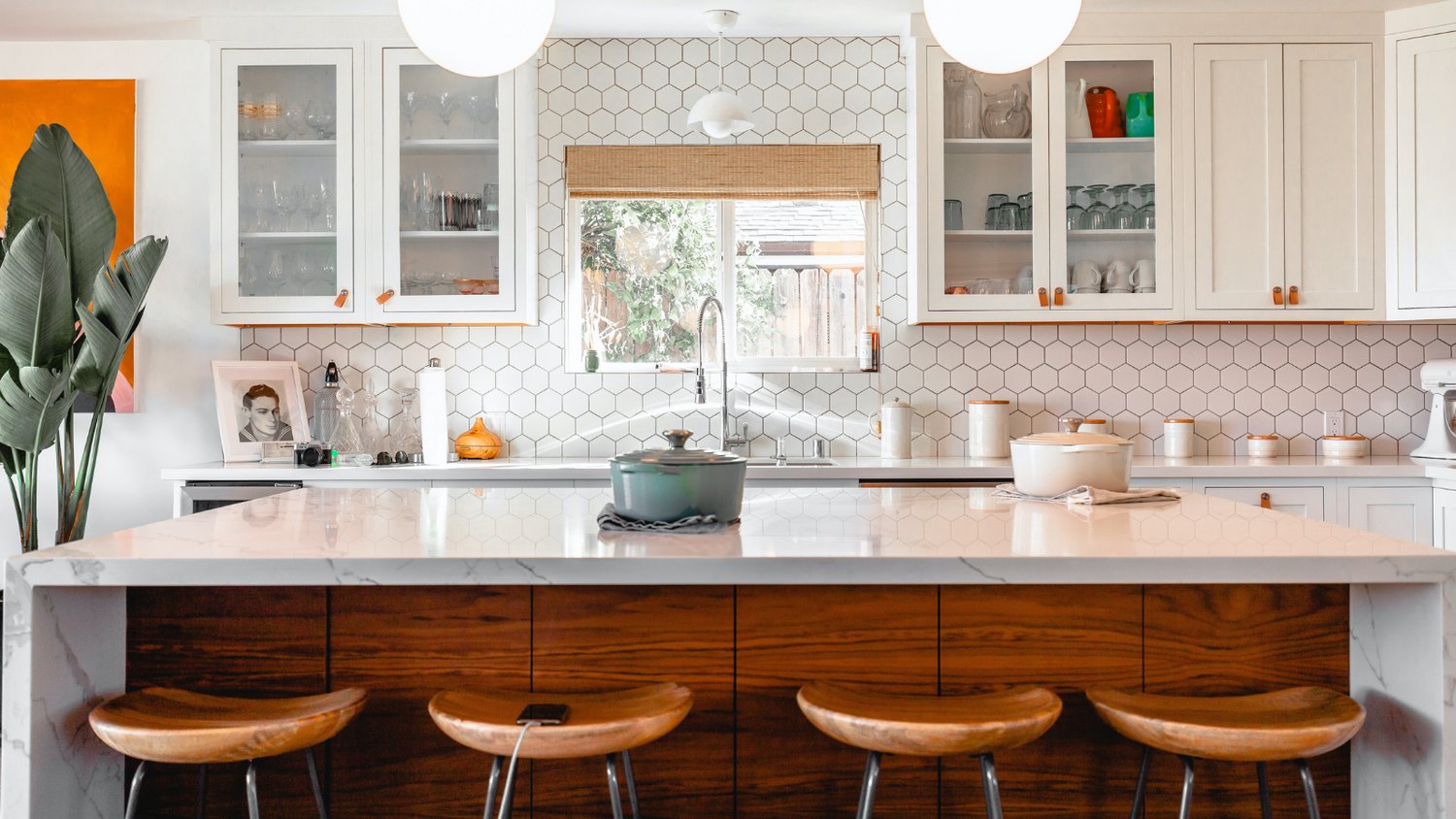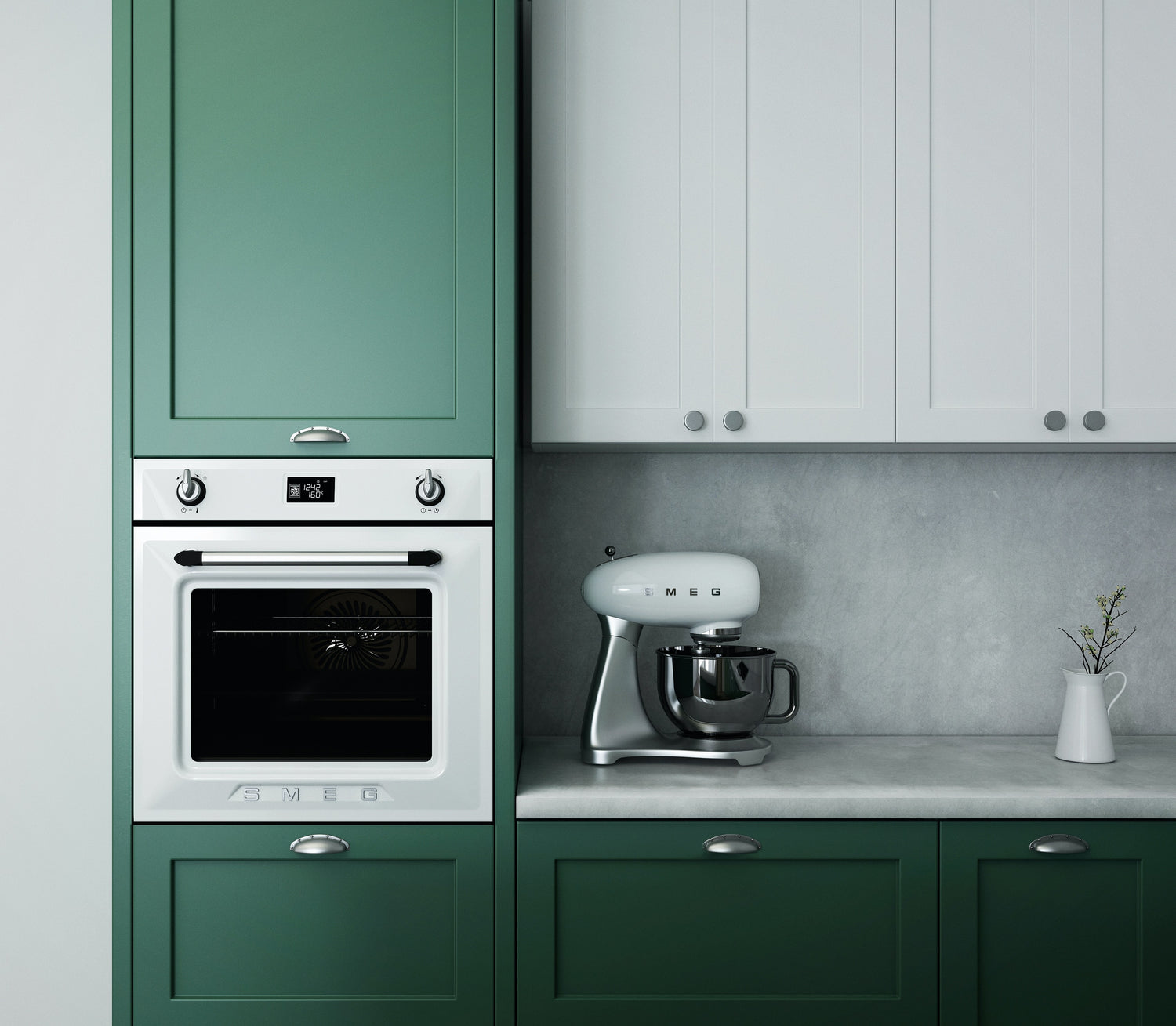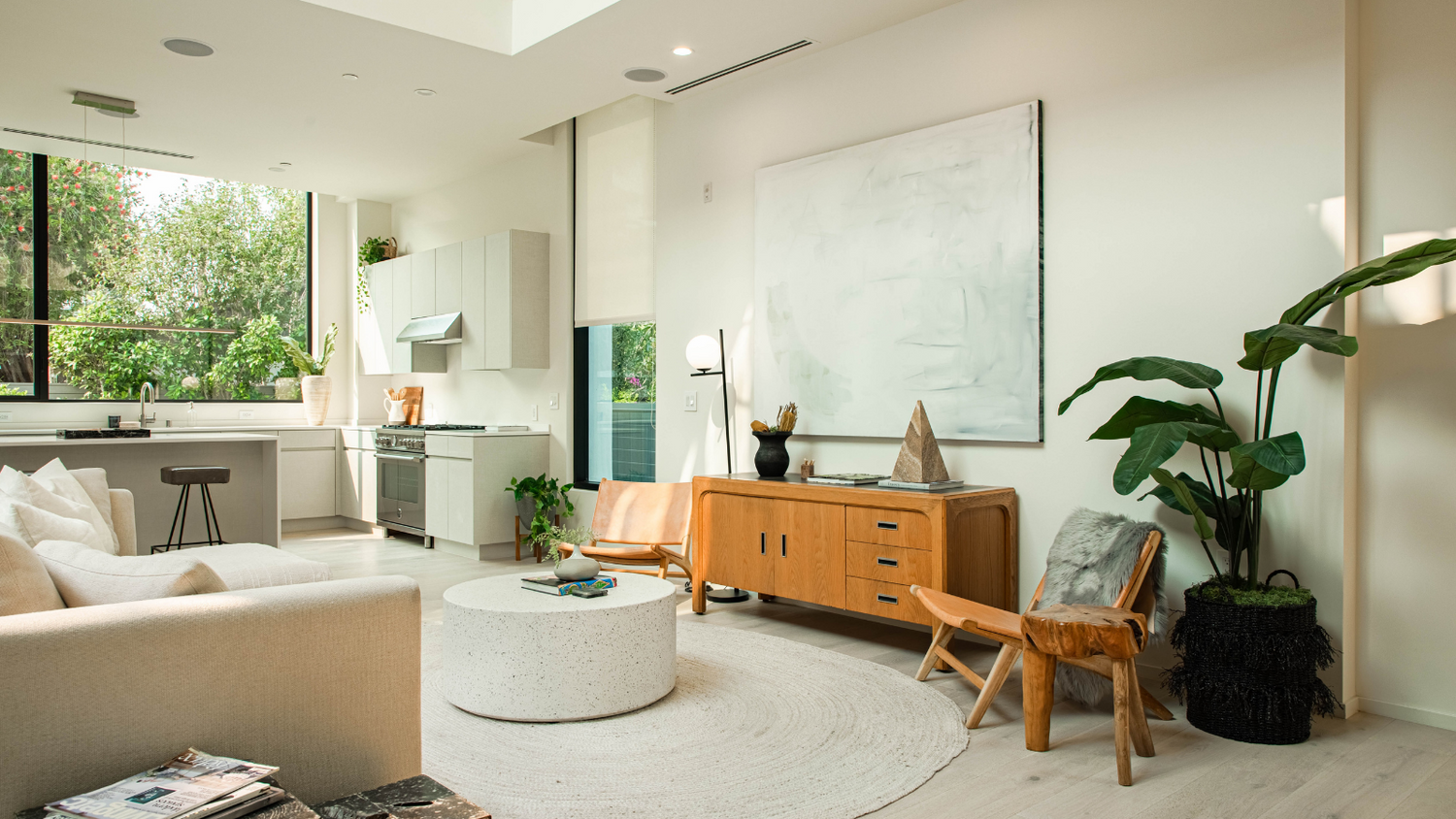In the last year, smart home aficionados have come across more and more talk about something called Intelligent Living. Experts and industry leaders have been discussing this concept more and more, but it’s not a term that’s worked its way into the consumer lexicon just yet.
So what does Intelligent Living mean, and how can it make a difference in your home?
The Difference Between “Smart” and “Intelligent”
On the face of it, Intelligent Living and Smart Home mean the same thing. They are synonyms, and both are referring to the same capabilities, right? Maybe not… The answer is a little more complex than you might think.
Smart Home is all about controlling the Smart devices around your home, things like Smart Speakers, Smart Plugs, and Smart Bulbs. They’re ‘smart’ in the sense that you can control them from your phone (or your voice), and you can build routines, however, these are fairly fixed. They are not designed to be reactive, for example, to the weather. It’s a great starting point to get you into the world of automation, but Smart Home is still fairly limited.
Intelligent Living is what many of us actually mean when we think about Smart Home. It’s what we wish technology would be, or what Science Fiction has told us it could be. It’s turning the lights on when it’s raining because the house knows the house will be dark. It’s turning the heating on 15 minutes before you walk in the door so you come back to a warm house. It’s turning on the robot vacuum at 5 pm because it knows you’re out walking the dog.
While they are different (and make no mistake, these are two very different types of connected living), there are some who think that a device has no business calling itself smart unless it has some kind of intelligence.
Why Intelligent Living?
Making your home intelligent brings a whole new level of reactive automation and flexibility to your day-to-day life. The technology is designed around the idea that you don’t have to worry about adjusting the lighting or heating, your house will do it for you. You’re able to continue going about your day with effortless ambiance; everything is adjusted before it gets too cold, too dark, and so on. It gives you a bit more brain space and time back - it’s not much, but as they say “it’s the little things in life that matter”.
How to Get Started with Intelligent Living
The tricky thing about Intelligent Living is that not many brands and devices are equipped just yet, or you might need to buy a new piece of kit to get started in brands that have it. Devices like PIRs and sensors are needed to make the transition to intelligent systems. These devices can identify light levels and detect motion and so can tell your devices that automations need to be actioned.
If you want to learn more about Intelligent Living and how it can work for you, we highly recommend getting started with some routines and schedules for your existing Smart Home devices. Research suggests that the majority of people with Smart Speakers, for example, don’t have a routine set up; this is arguably the most useful part of any Smart Device. Using automations will give you a taste of what Intelligent Living can bring to your home. For example, you can set your lights to come on at dusk, and dim gradually in the hour before bedtime so you can wind down from your day and are ready for a restful night.
To find out more about Intelligent living give our team a call at 0121 250 3625 or read more about automations here:



